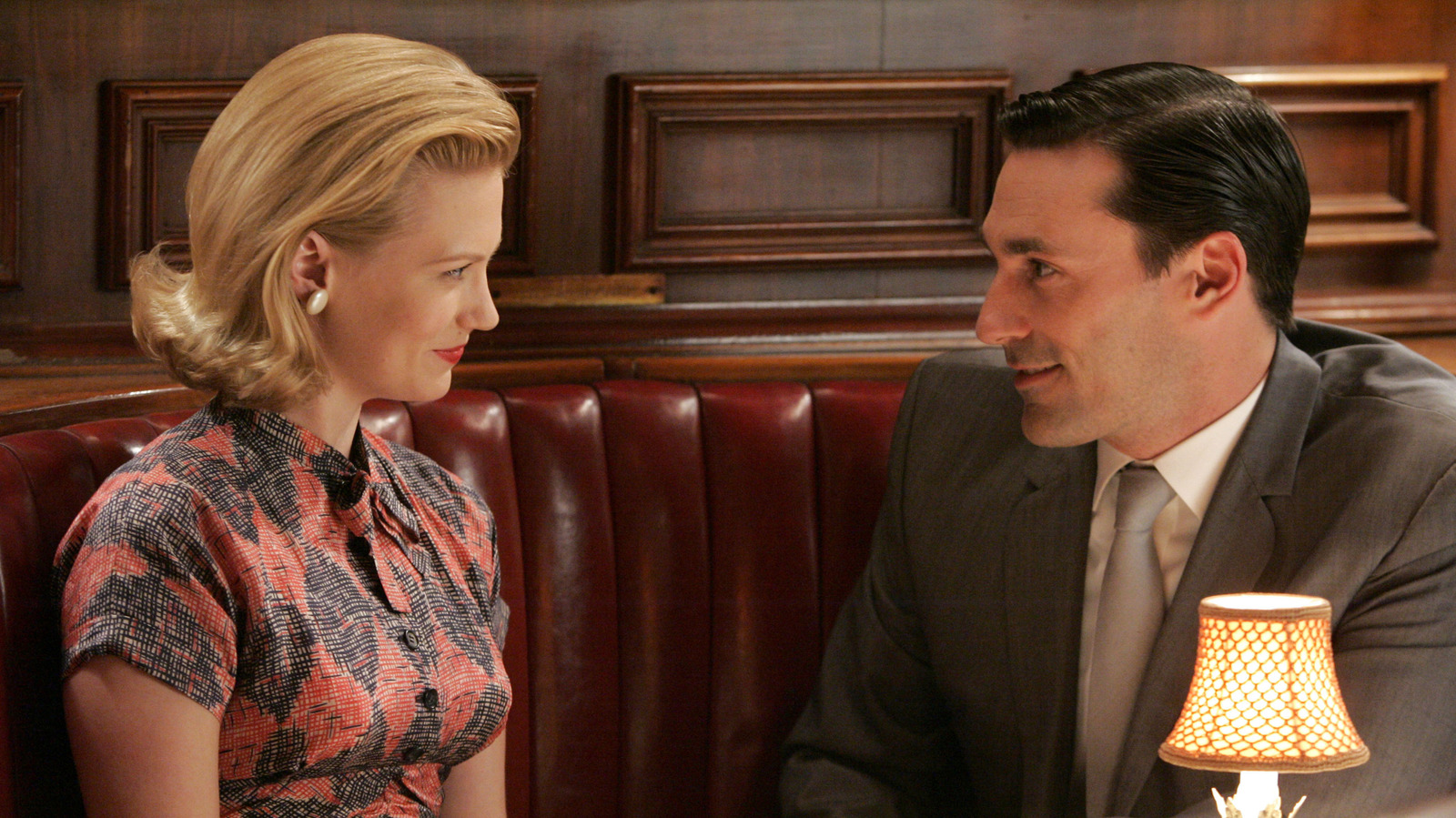
As a passionate aficionado of “Mad Men,” I contend that labeling any episode as the “worst” feels misplaced. However, when it comes to ranking each installment, someone has to take the bottom spot—even if that rating isn’t particularly low. According to IMDb, similar to how films and full series are evaluated, each episode of a show can be rated on a scale from 1 to 10, with the scores averaged based on the median. In this case, the episode that holds the title of “lowest-rated” in “Mad Men” history is “Ladies Room,” which, surprisingly, is just the second episode of the inaugural season, earning a 7.5 based on approximately 4.3K votes.
It’s striking that this early episode would take the hit while other seasons, particularly season six, feature Don Draper chronicling a torturous cycle of repeated poor choices that some fans find monotonous. So, what is it about “Ladies Room” that may have left viewers wanting more? Perhaps it’s a tough follow-up to the iconic pilot, “Smoke Gets in Your Eyes,” which set the bar high by introducing us to the captivating and complex character of Don Draper. That pilot dazzles with one memorable scene after another, from Don’s reflections on consumerism as a source of happiness to the shocking conclusion when he returns home after a night of indulgence to his loving wife and sleeping kids.
Despite its label as the “worst episode,” “Ladies Room” is rich with substance, especially for a second outing. This episode masterfully lays the groundwork for key feminist themes. As pointed out by critics, “Mad Men” quickly established its identity in its initial season, and “Ladies Room” helps reinforce that vision. The episode plunges viewers into the narrative’s psychological depths, asking for their full attention. While it might not reach the dramatic peaks of later episodes, the intricacies introduced here will prove significant as the series progresses.
“Ladies Room” subtly emphasizes Don Draper’s hidden past, avoiding direct answers about his childhood while showcasing the essential roles of female characters in the unfolding story. The series equally delves into their experiences within a male-dominated society. Peggy’s journey through the predatory behavior of her male colleagues begins here as their relentless advances gradually erode her innocence. Meanwhile, Betty’s therapy sessions, though a tad extended, lay bare her feelings of suburban despair and envy toward the independence of a recently divorced friend.
An intriguing aspect of “Ladies Room” is its unexpected conclusion marked by the contemporary track “Beautiful Mine” by RJD2. This choice of music, almost lullaby-like in nature, may represent how Don perceives Betty with a blend of naive idealism, expecting her to seamlessly fit the mold of the contented housewife. While “Ladies Room” may not rank among the best episodes of “Mad Men,” it nevertheless stands as a solid piece of the series that shouldn’t be dismissed as the “worst.”




